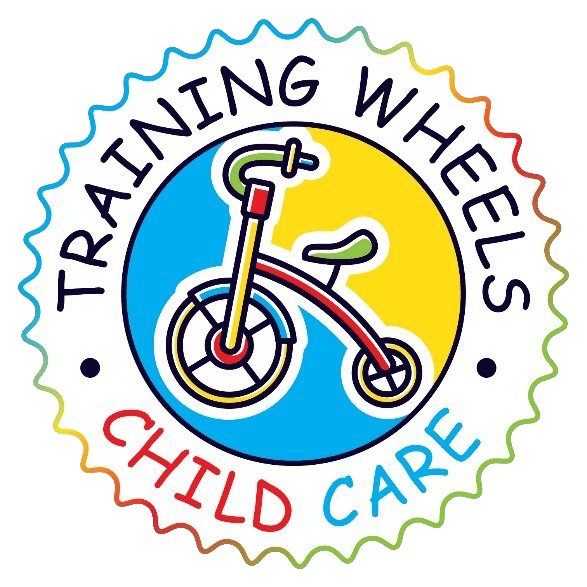Young children need to develop a range of social-emotional skills to navigate their world and build healthy relationships. Here are some key social-emotional skills that are important for young children to learn:
- Emotional Awareness
Children should learn to identify and understand their own emotions. They need to recognize and label emotions like happiness, sadness, anger, fear, and frustration. This skill helps them understand and express their feelings appropriately.
- Empathy
Empathy is the ability to understand and share the feelings of others. Children should learn to recognize

and respond to the emotions of their peers, siblings, and caregivers. Teaching empathy helps children develop compassion, kindness, and the ability to take the perspective of others.
- Self-Regulation
Self-regulation involves managing and controlling one’s emotions, impulses, and behaviors. Children need to learn strategies for calming themselves when upset, delaying gratification, and adapting to different situations. Self-regulation helps them develop self-control, patience, and resilience.
- Social Skills
Social skills are crucial for building positive relationships and interacting effectively with others. Children should learn skills such as sharing, taking turns, listening, following instructions, cooperating, and resolving conflicts peacefully. These skills foster positive interactions, teamwork, and effective communication.
- Problem-Solving
Problem-solving skills enable children to identify challenges, think critically, and find solutions. They need to learn how to approach problems, generate alternative solutions, evaluate options, and make decisions. Problem-solving skills promote independence, critical thinking, and resilience.
- Self-Esteem and Self-Confidence

- Respect and Empowerment
Children should learn to respect themselves, others, and the environment. They need to understand the value of diversity, inclusivity, and treating others with kindness and fairness. Empowering children involves giving them a sense of autonomy, encouraging their voice and choices, and promoting their sense of worth.
- Resilience
Resilience is the ability to bounce back from setbacks, adapt to change, and cope with challenges. Children should learn strategies to manage stress, cope with disappointments, and persevere through difficulties. Building resilience helps children develop a growth mindset, optimism, and a positive attitude toward challenges.
These social-emotional skills are interrelated and play a vital role in children’s overall development. Parents, caregivers, and educators can support the development of these skills through nurturing relationships, modeling positive behaviors, providing guidance and support, and creating environments that foster social-emotional growth.
